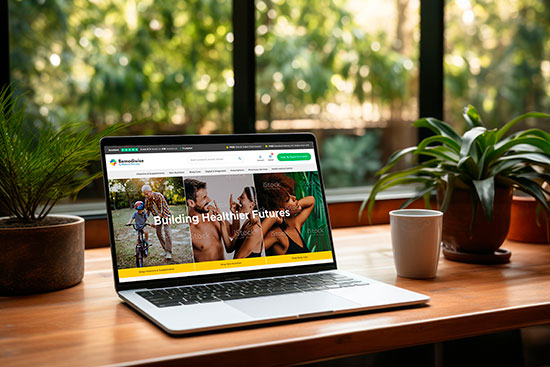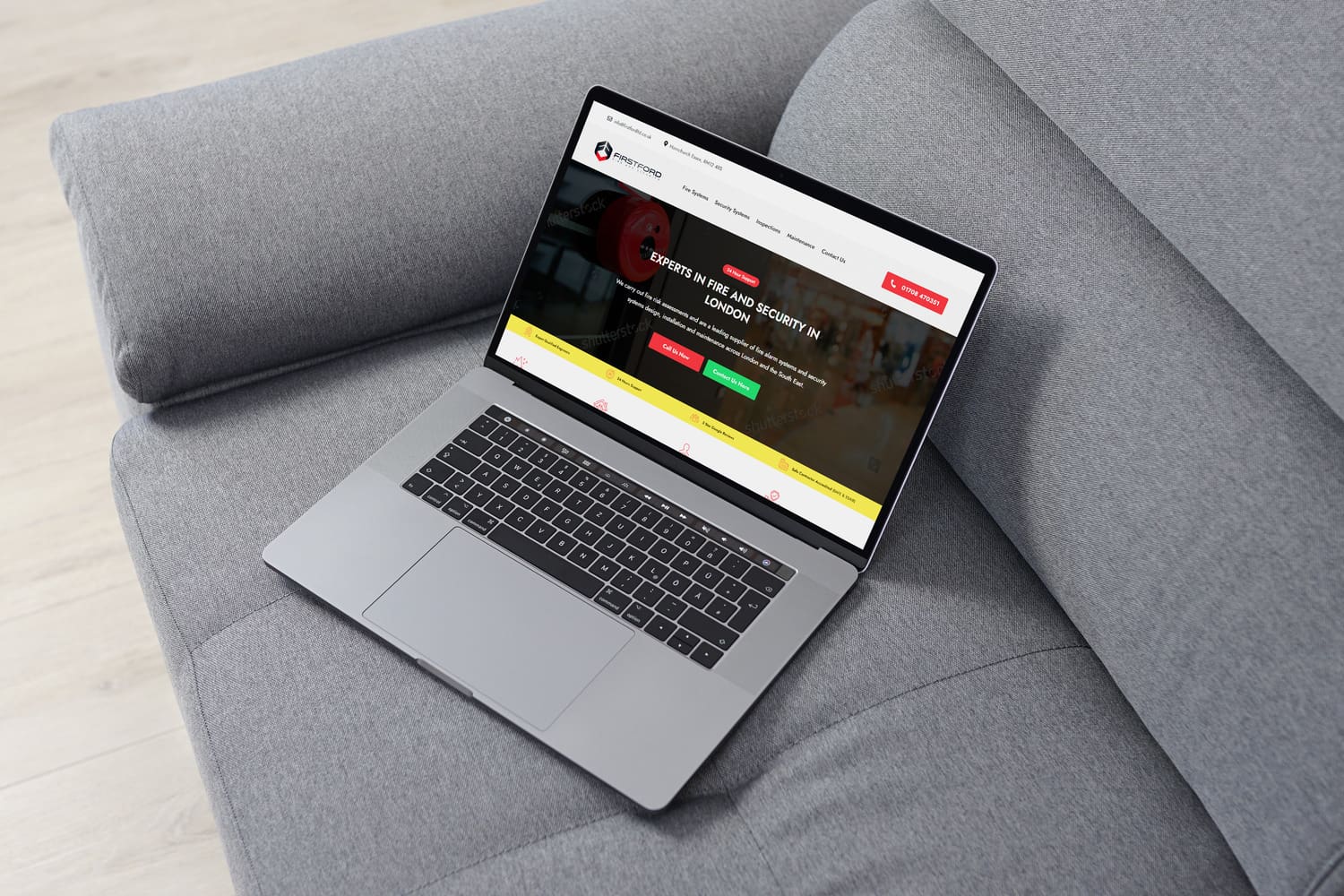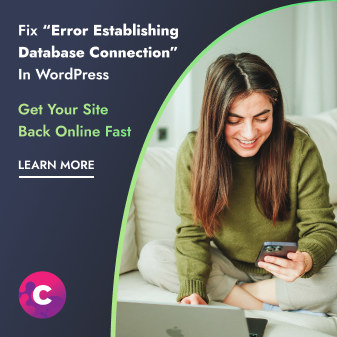Your business needs a website, but navigating the maze of development costs can feel overwhelming. With prices ranging from a few hundred pounds for DIY solutions to hundreds of thousands for enterprise platforms, understanding what drives these costs is crucial for making informed decisions about your digital investment.
The reality is that website development cost depends on numerous factors—from the complexity of features you need to the development approach you choose. Whether you’re a small business owner planning your first online presence or an established company considering a redesign, this comprehensive guide will help you understand the actual website development cost and budget appropriately for your project.
Understanding Website Development Cost Factors
Several key elements influence the cost of website development. Grasping these elements empowers you to allocate your budget wisely and understand the compromises you might need to make.
Project Complexity and Scope
The most significant driver of website costs is the complexity of your project. A simple brochure website with basic information pages costs substantially less than a complex e-commerce platform with custom integrations and advanced functionality.
Basic websites typically include:
- 5–10 static pages
- Contact forms
- Basic responsive design
- Standard content management system
Complex websites often feature:
- Custom user interfaces
- Database integrations
- E-commerce functionality
- Third-party API connections
- Advanced security requirements
Technology Choices
Your choice of technology stack significantly impacts development costs. Using established platforms and frameworks generally costs less than building custom solutions from scratch.
| Technology Approach | Cost Impact | Development Time |
|---|---|---|
| Template-based CMS | Lower | 2–6 weeks |
| Custom WordPress | Moderate | 4–12 weeks |
| Bespoke development | Higher | 12+ weeks |
Team Structure and Location
Whether you work with freelance web designers, a local web design agency, or an offshore development team affects cost and project outcomes. Each option offers different advantages in terms of pricing, communication, and expertise levels.
How Much Does A Website Cost?
Website Cost Breakdown by Type
Understanding website development costs by project type helps you benchmark your budget against industry standards. Here’s what you can expect to pay for different kinds of websites in 2025.
Small Business Websites
Most small business websites fall into the £2,000–£15,000 range, depending on features and customisation level. These typically include:
- Template-based sites: £2,000–£6,000
- Semi-custom designs: £6,000–£12,000
- Fully custom builds: £12,000–£25,000
A typical small business website might include company information, service descriptions, contact details, and basic SEO optimisation. Many small businesses succeed with content management systems like WordPress, which offer flexibility without the cost of entirely bespoke website development.
E-commerce Websites
E-commerce websites represent a significant investment due to their complex requirements for payment processing, inventory management, and security features.
- Basic online stores: £12,000–£30,000
- Mid-range e-commerce sites: £30,000–£60,000
- Enterprise platforms: £60,000–£200,000+
The cost of an e-commerce website depends heavily on the number of products, payment gateway integrations, and custom features like appointment booking systems or customer relationship management tools.
Enterprise and Custom Applications
Large organisations requiring bespoke websites with extensive custom functionality invest £75,000–£300,000 or more. These projects often include:
- Advanced user management systems
- Complex database integrations
- Custom APIs and third-party connections
- High-security requirements
- Scalable architecture for growth
Development Approach Comparison
Your development approach significantly impacts both upfront website costs and long-term value. Each method offers different advantages depending on your budget, timeline, and business requirements.
DIY Website Builders
Website builders like Wix, Squarespace, and Weebly offer the most affordable entry point for businesses needing a basic online presence.
Advantages of using a website builder:
- Low initial investment (£10–£50 monthly)
- Quick deployment
- No technical knowledge required
- Built-in hosting and security
Limitations:
- Limited customisation options
- Potential scalability issues
- Monthly recurring costs
- Less control over SEO optimisation
Most website builders work well for simple business websites but may not meet the needs of growing companies requiring advanced features or custom integrations.
Professional Web Design
Working with web designers or a web design agency typically costs more upfront but delivers better long-term value for serious business websites.
Benefits include:
- Custom design tailored to your brand
- Better search engine optimisation
- Scalable architecture
- Ongoing support and maintenance
- Integration with existing business systems
A professional web designer can create a well-designed website that grows with your business and performs better in search engines than basic template solutions.
Hybrid Approaches
Many businesses find success with hybrid approaches that balance cost and customisation. This might involve using a robust content management system like WordPress with custom design and development work.
Hidden Costs and Ongoing Expenses
Understanding the full cost of building your own website requires looking beyond the initial build price. Several ongoing expenses can significantly impact your total investment over time.
Web Hosting Costs
Quality web hosting is essential for website performance and security. Hosting costs vary based on your site’s requirements:
- Shared hosting: £5–£25 monthly
- Virtual private server: £25–£100 monthly
- Dedicated server: £100–£500+ monthly
High-traffic business websites often require dedicated hosting or dedicated servers to ensure optimal performance for website visitors.
Domain and SSL Certificates
- Free domain (often included for the first year): £10–£15 annually thereafter
- SSL certificates: £20–£200 annually (essential for security and SEO)
Maintenance and Updates
Ongoing website costs for maintenance typically range from £500–£5,000 annually, including:
- Security updates and patches
- Content updates
- Performance optimisation
- Backup services
- Website security monitoring
Digital Marketing Services
Many businesses invest in additional services to maximise their website’s effectiveness:
- Search engine optimisation: £500–£5,000 monthly
- Social media marketing: £300–£2,000 monthly
- Content creation and updates
- Website marketing campaigns
Budgeting for Your Website Project
Effective website development budgeting involves understanding immediate needs and future growth plans. Here’s how to approach the budgeting process strategically.
Assessing Your Business Needs
Start by clearly defining what you need your website to accomplish:
- Generate leads for your small business
- Sell products through an e-commerce site
- Provide information and build credibility
- Support customer relationship management
- Enable appointment booking systems
Planning for Growth
Consider how your business needs might evolve. A new website should accommodate future expansion without requiring complete rebuilds. This might mean choosing a scalable content management system or planning for additional pages as your business grows.
Cost Optimisation Strategies
Several strategies can help you save money without compromising quality:
- Phase your development: start with core features and add functionality over time
- Choose proven technologies: established platforms often cost less than cutting-edge solutions
- Invest in quality hosting: quality web hosting prevents costly performance issues
- Plan for mobile: ensure your mobile version is optimised from the start
Working with Development Teams
Clear communication about budget and expectations is crucial, whether you choose a freelance web designer or a web design team. A professional web designer should provide detailed quotes breaking down development phases and ongoing website costs.

Bemediwise
Pharmaceuticals

Private Jet London
Luxury Brochure Website

Stax Simple
Cryptocurrency Tax Web App

Time for Timber
Structural Timber For Net Zero

Akshaya Patra
International Charity Organisation

First Ford LTD
Fire & Security Alarm Installation
Making the Right Investment Decision
The website cost in 2025 reflects the increasing importance of digital presence for business success. While minimising upfront costs is tempting, investing in a professionally built website typically delivers better long-term value.
Quality vs. Cost Considerations
Free website builders and ultra-low-cost solutions may seem attractive, but they often result in hidden costs through:
- Limited functionality requiring expensive workarounds
- Poor search engine optimisation requiring later fixes
- Scalability issues necessitating complete rebuilds
- Security vulnerabilities leading to costly breaches
Return on Investment
A well-designed website is a 24/7 marketing tool that can generate leads, sales, and brand awareness far beyond its initial cost. Many businesses find that investing in quality web development pays for itself through increased potential customers and improved conversion rates.
Long-term Value Creation
Consider your website a long-term business asset rather than a one-time expense. With proper maintenance and updates, a professional-looking site with a solid technical foundation can serve your business for years.
Website development costs vary significantly based on your specific requirements, but understanding these factors helps you make informed decisions about your digital investment. Whether you choose DIY website builders for simplicity or invest in bespoke website development for maximum customisation, the key is aligning your choice with your business goals and growth plans.
Remember that the cheapest option isn’t always the most cost-effective in the long run. A well-designed website built with quality foundations will serve your business better over time than a quick, low-cost solution that requires frequent fixes or complete rebuilds.
Ready to discuss your website project and get accurate pricing for your specific needs? Contact our web design team today for a personalised consultation and detailed cost breakdown for your new website.


